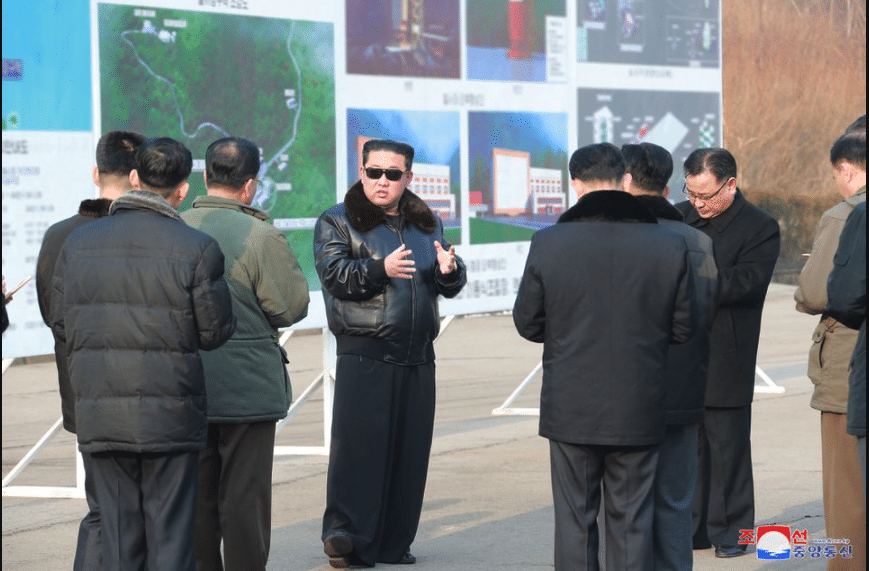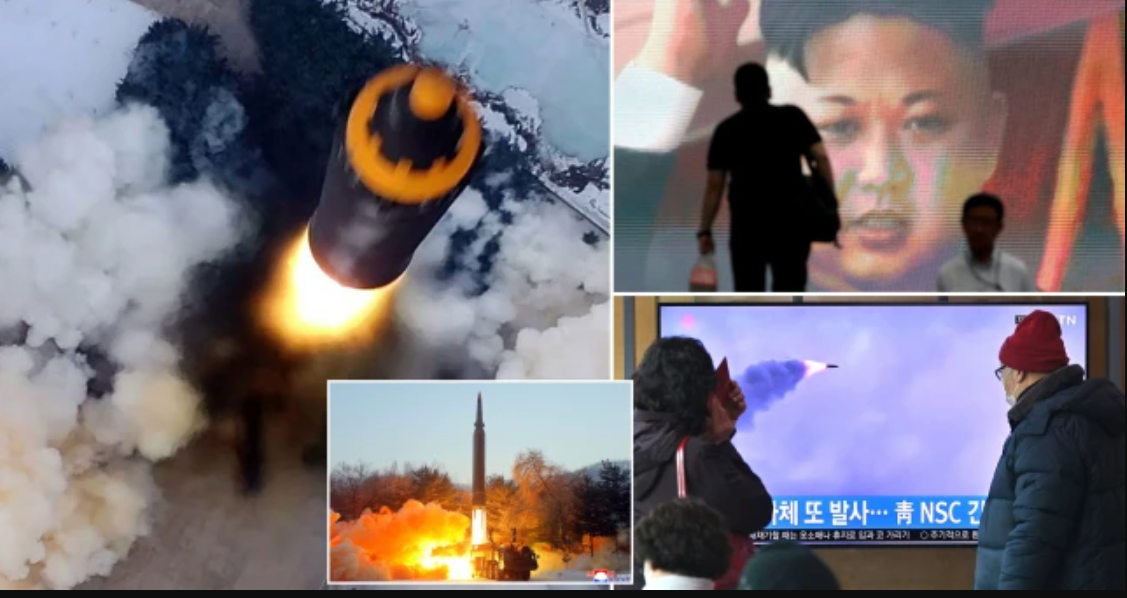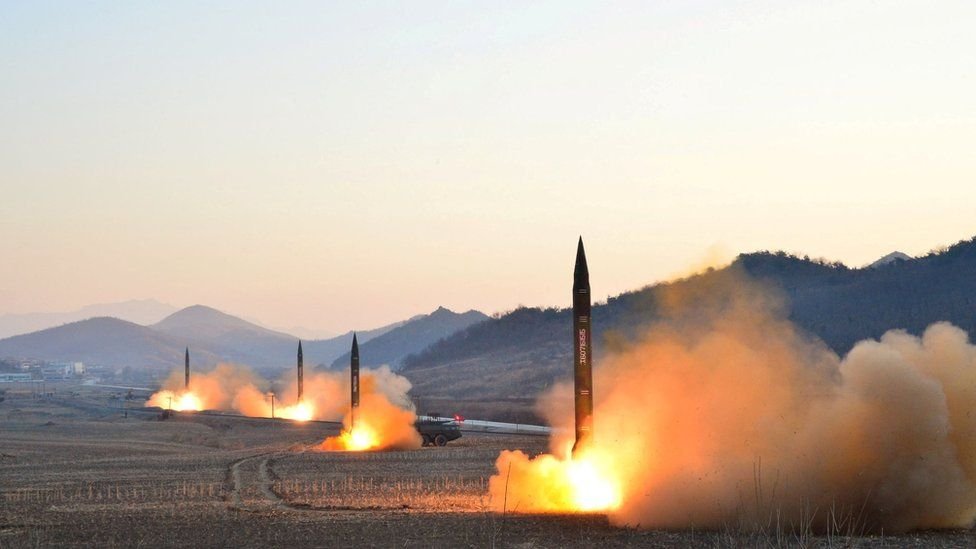The Trump administration announced sanctions on Tuesday against two more North Korean officials for their alleged role in Pyongyang’s expanding ballistic missiles programme.
The Treasury Department “is targeting leaders of North Korea’s ballistic missile programmes, as part of our maximum pressure campaign to isolate [North Korea] and achieve a fully denuclearised Korean Peninsula,” Treasury Secretary Steven Mnuchin said in a statement.
Last month the nuclear-armed country reached a significant milestone in the development of its growing arsenal when it tested an intercontinental ballistic missile that US officials said appeared capable of reaching New York or Washington.
The Department of the Treasury identified one of the two North Korean officials as Kim Jong-sik, who “reportedly is a key figure” in the ballistic missile programme.
He is also said to be the brains behind the switch from liquid to solid fuel. Using solid fuel makes missiles easier to hide before launch.
The department also sanctioned Ri Pyong Chol, who it said was “reported to be a key official” in the development of intercontinental ballistic missiles.
The sanctions block banks, companies and individuals from doing any business with the targeted officials. It also allows the US government to freeze any American assets owned by the officials, should they exist.
On Friday, the United Nations Security Council unanimously voted to add more sanctions on North Korea, its third round this year.
The new measures order North Koreans working abroad to return home within two years, and ban nearly 90 per cent of refined petroleum exports to the country.
In a statement published on Sunday by the state-run KCNA news agency, the North Korean foreign ministry denounced the new UN sanctions as “an act of war.”
“We define this ‘sanctions resolution’ rigged up by the US and its followers as a grave infringement upon the sovereignty of our Republic, as an act of war violating peace and stability in the Korean Peninsula and the region and categorically reject the ‘resolution,’” it said.








